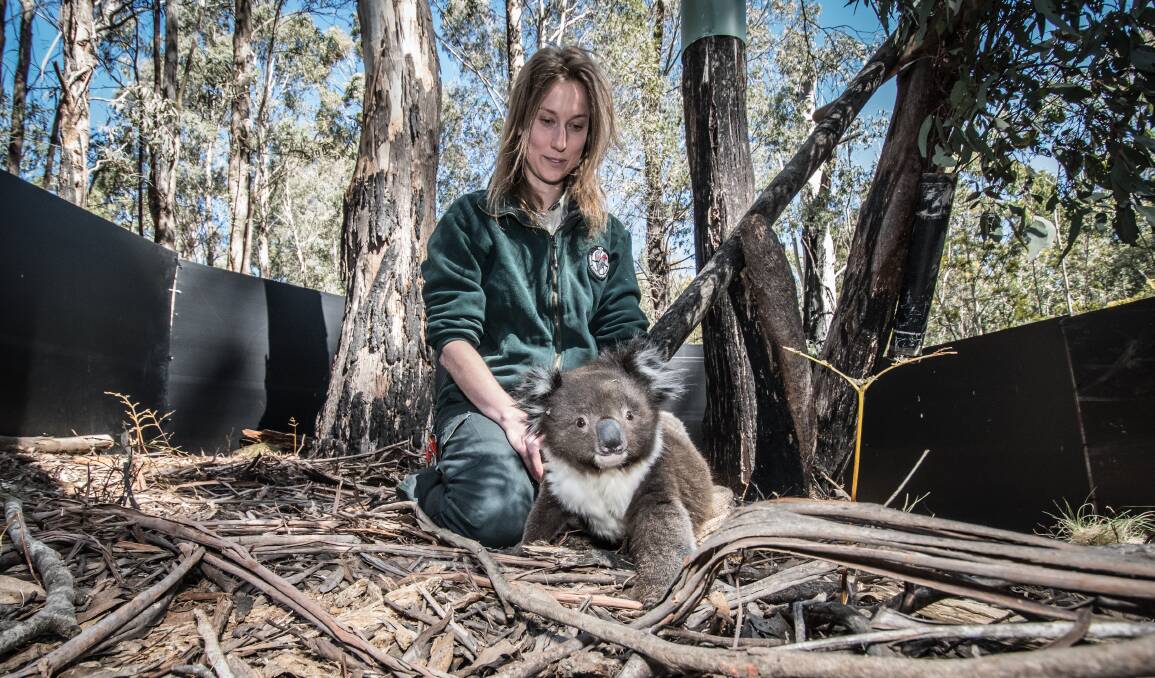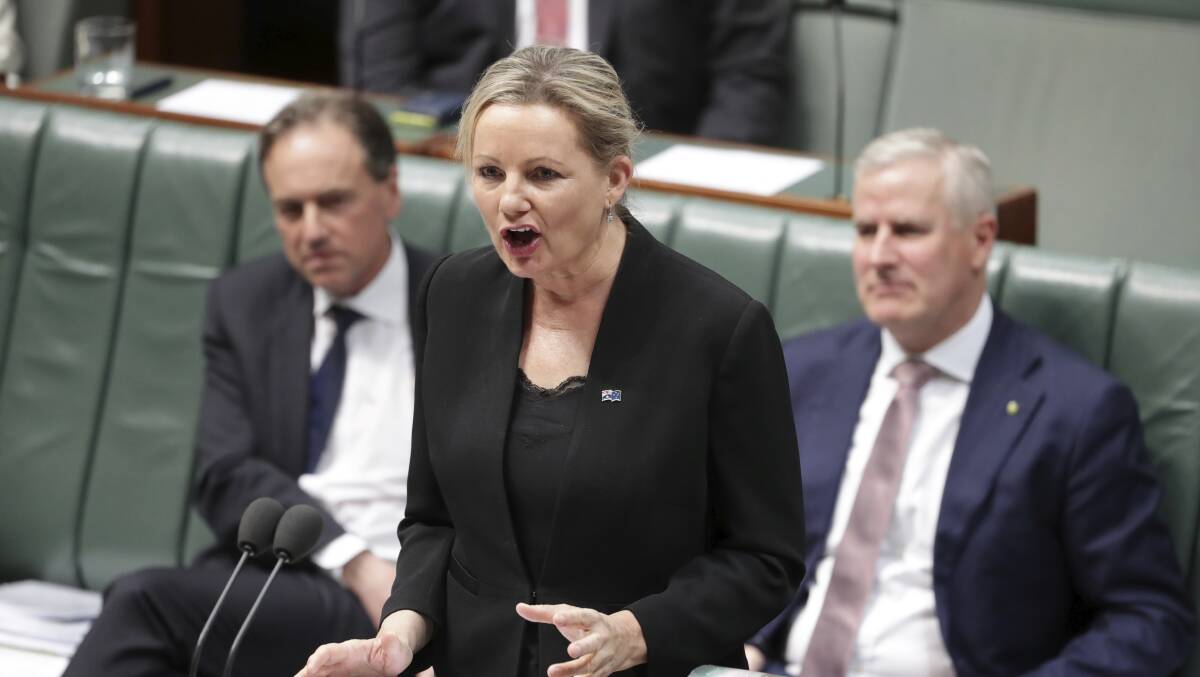On Monday, Environment Minister Sussan Ley launched the long-awaited statutory review of Australia's beleaguered national environment law, the Environment Protection and Biodiversity Conservation Act. Ms Ley has set streamlining regulation as the key test of success for the review. But by far the more enduring test will be whether the Australian government can deliver on its core responsibility to protect our wildlife and iconic natural places and end the major threats to their survival. Right now, it just can't.
Subscribe now for unlimited access.
$0/
(min cost $0)
or signup to continue reading

The Environment Protection and Biodiversity Conservation Act - known to its few friends and many detractors as the EPBC - is Australia's national environment law. The core object of the law is to protect our natural environment, particularly nationally significant native species and natural places. It attempts to enshrine Commonwealth leadership and governments working together to achieve practical benefits for our environment and the communities that love it.
When introducing the EPBC to Parliament in 1998, then-senator Rod Kemp called it "perhaps the most important proposed legislation dealing with environmental issues that will have been presented to the Commonwealth Parliament". Its purpose, he said, was to tackle "the greatest environmental challenge facing Australia", the loss of our iconic and globally unique species.
Australia's nature is globally significant - we play home to nearly 10 per cent of the world's species, most of which are only found here. Animals like the koala, numbat or Tassie devil hold a special place in our hearts. The natural beauty of iconic places like the Great Barrier Reef or the Great Australian Bight sit at the core of our national identity.

The promise of Australia's national environment law was that nationally significant Australian wonders like these would be protected for generations to come.
Twenty years on, the EPBC has fundamentally failed to deliver on that promise. Australia has one of the world's worst records for extinction and protection of animal species. We are ranked first in the world for mammal extinctions. The Reef is in danger of crumbling and the pace of our extinction crisis is quickening, with the rate of loss likely to nearly triple in the next 20 years.
The EPBC has failed to deliver the Howard government's vision of "a truly national scheme of environmental protection" that recognises the Australian government's fundamental responsibility to safeguard Australia's native species. Instead of practical protections, the act has delivered an endless series of lists that catalogue the extinction of our wildlife and their homes but do little to catalyse real action to stop the loss.
READ MORE:
Yet, we know extinction is avoidable. The United States - another big, highly biodiverse country - has for its law the Endangered Species Act. This act has prevented the extinction of 227 species in the last 45 years and led to the full recovery of 39 species under its protection. It is well supported by all sides because its mix of enforced protections for critically endangered species' habitat and well-funded, measurable actions to recover species mean that the US Endangered Species Act works.
Right now, in Australia, the certainty we're facing is that many more unique, irreplaceable Australian species will go extinct if we as a country stick with business as usual. The certainty we need is real leadership from the Australian government, backed by strong laws that work and which are enforced by an independent watchdog, safeguarded from the political hospital passing that has characterised the last 20 years of the EPBC.
There is one clear practical test of whether our environmental laws are successful: can we protect our wildlife and end the major threats to their survival? And there is one clear practical test of this review, and the Morrison government's legacy on the environment: will we be able to protect our natural wealth for future generations to enjoy and love as we do, or will we stick with the same failed approach that has made Australia the extinction nation?
- Suzanne Milthorpe is the national nature campaign manager at the Wilderness Society.

